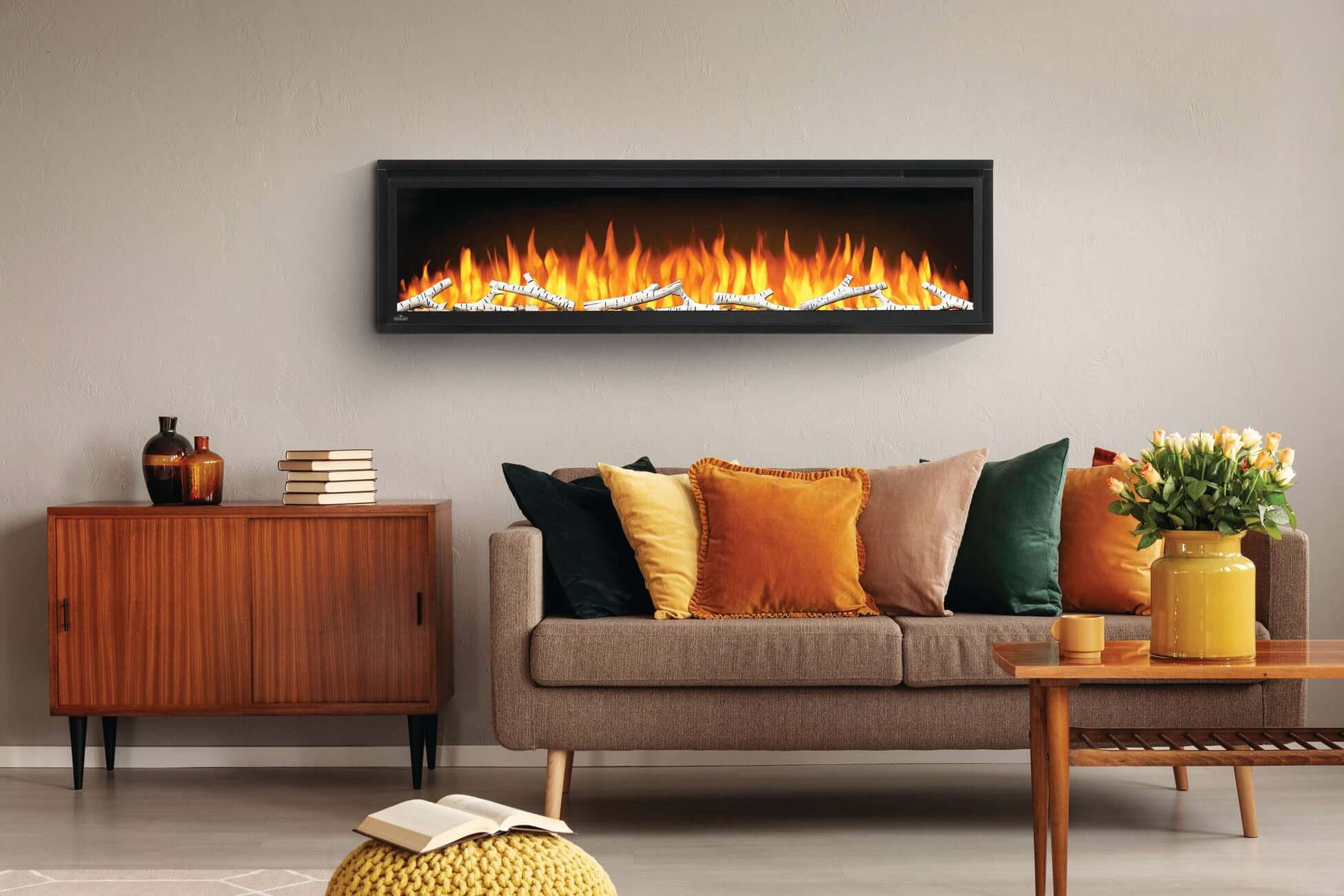
Learning Center
Check out our articles on home improvement tips and how you can upgrade your indoor/outdoor living spaces

SimpliFire vs Dimplex
We constantly help our customers choose between Simplifire vs Dimplex fireplaces, two of the most popular brands we carry here in our electric fireplace catalog. Dimplex Fireplace has dozens of...
SimpliFire vs Dimplex
We constantly help our customers choose between Simplifire vs Dimplex fireplaces, two of the most popular brands we carry here in our electric fireplace catalog. Dimplex Fireplace has dozens of...

Dimplex vs Napoleon Electric Fireplace
We’re proud to carry the full Dimplex fireplace and Napoleon fireplace lineup here at The Great Fire Company, but customers are constantly asking us for help choosing between a Dimplex...
Dimplex vs Napoleon Electric Fireplace
We’re proud to carry the full Dimplex fireplace and Napoleon fireplace lineup here at The Great Fire Company, but customers are constantly asking us for help choosing between a Dimplex...
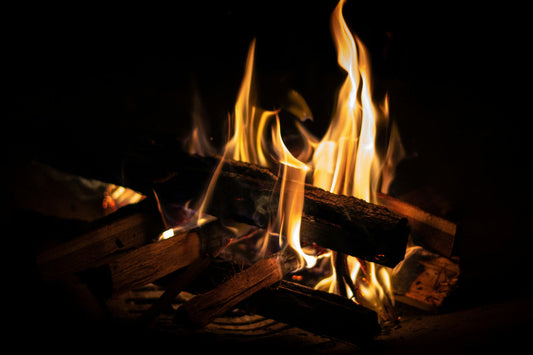
Modern Flames vs Dimplex: Which Fireplace Brand...
Few home upgrades transform a room like a new electric fireplace. Modern Flames and Dimplex are two of the most popular brands we sell here at The Great Fire Company,...
Modern Flames vs Dimplex: Which Fireplace Brand...
Few home upgrades transform a room like a new electric fireplace. Modern Flames and Dimplex are two of the most popular brands we sell here at The Great Fire Company,...
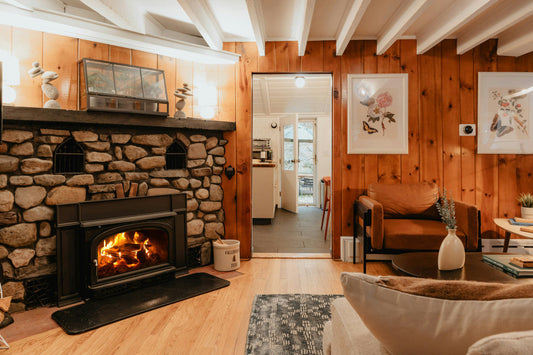
Vented vs Ventless Gas Fireplace
The vented vs ventless gas fireplace debate is one of the most common uncertainties we help our customers overcome here at The Great Fire Company. After all, this is your...
Vented vs Ventless Gas Fireplace
The vented vs ventless gas fireplace debate is one of the most common uncertainties we help our customers overcome here at The Great Fire Company. After all, this is your...
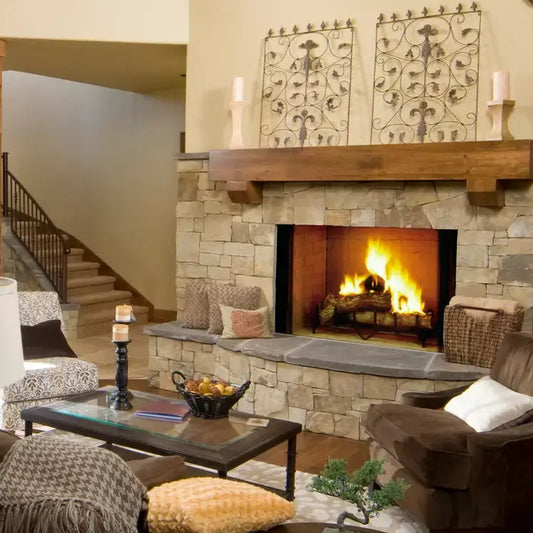
Wood vs Gas Fireplace
Deciding to invest in a modern fireplace is an exciting decision, one that improves both your home’s aesthetics and how it feels when those chilly nights start to creep in....
Wood vs Gas Fireplace
Deciding to invest in a modern fireplace is an exciting decision, one that improves both your home’s aesthetics and how it feels when those chilly nights start to creep in....
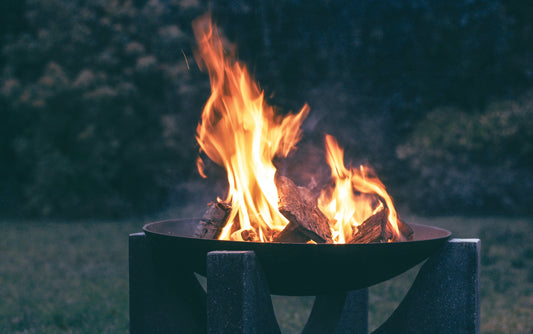
What Can You Burn in a Fire Pit to Keep Mosquit...
Summer nights around the fire pit should be about making memories, not swatting mosquitoes. Let's face it, those buzzers can ruin a good time fast. But here's some great news:...
What Can You Burn in a Fire Pit to Keep Mosquit...
Summer nights around the fire pit should be about making memories, not swatting mosquitoes. Let's face it, those buzzers can ruin a good time fast. But here's some great news:...

